Posted on June 5, 2022
Pitfalls of Pride: Failures in Leadership

The most recent mass shooting at an American elementary school is rivaled in its horror only by how the words “most recent” will likely be used again. I am not going to delve too deeply into this topic, especially since The Onion has gotten the point across better than I could since 2014. What I want to discuss is what I think is the root cause of this tragedy and others like it—pride. One Wandering is not enough to cover the myriad of ways pride can damage our lives and our society, so I will focus on one particular aspect of it today: pride leads to inevitable failures in leadership.
First, a primer. I believe that pride is at the root of many of the world’s issues, but how I view it may not mesh with your understanding of the word. Consider a spectrum with perfectly humble on the apex, and loathsomely prideful at its nadir. Every action we take falls somewhere along that spectrum, and the farther we fall towards the bottom, the more likely we are to inflict misery on others and ourselves.
An example: you are a parent whose child plays in a youth basketball league. Your child plays a fantastic game and the team sees him or her as the main reason for victory. The humble response would be to congratulate your child and their team on their excellent performance earned through their hard work, plus recognizing the value of their coach and the other parents who helped. The prideful response would be to beat your own chest on how it was all because of how you raised the child so they could do such a wonderful thing, and that the rest of the kids on the team are garbage compared to your prodigy. An extreme example, but one that shows how many options there could be between the two edges.
The important facet to recognize is that the lower one gets on that spectrum in one’s actions, the less likely one is willing to look beyond oneself for answers or input. This is the core of what I want to cover regarding pride and leadership. When a person or organization allows pride to take precedence over humility, they cause an inevitable decline in forward progress due to stagnation of thought and action.
Pride is inherently backward leaning instead of forward looking. A person or organization that tries to take pride in accomplishments not yet achieved is delusional, not prideful. Looking back on past deeds, however, provides a temptation that cloaks itself in self-satisfying logic. If what came before brought us to this point, then obviously more of that should accomplish more of this. A leader can take this assessment one step further: if I made that decision and got positive results on multiple occasions, then I am always right and don’t require further input. Input from external sources then becomes a threat to both the leader and what he or she has achieved, because it challenges both a perceived sense of superiority and threatens to supplant the status quo. Eventually, maintaining the status quo becomes more important than anything else and forward progress halts.
The primary reason why the status quo rarely results in a positive trend over time is that the world is not static. Technology, societal norms, the environment, and a host of other important features to human existence constantly change in subtle and complex ways. Think of how transportation has changed over the past century, from the Model T to the SpaceX Dragon capsule, or how in the past thirty years landlines have all but died in favor of ubiquitous IP enabled telecommunications via cellphones and Zoom calls. How many organizations collapsed because they could not adapt quickly enough to those changes? How many individuals lost their fortunes for the same reason? Fighting change has never worked out for the defender in the long term.
As the shock and dismay over the Uvalde school shooting fade, so too does the likelihood of action. I hope that our leaders recognize a status quo where active shooter drills are more common than fire drills with elementary school children is an abomination. I hope they are humble enough to overcome their pride and toadying to a minority of harsh voices with big checkbooks.
Mostly, I hope that I am wrong about what I think will happen—nothing.


